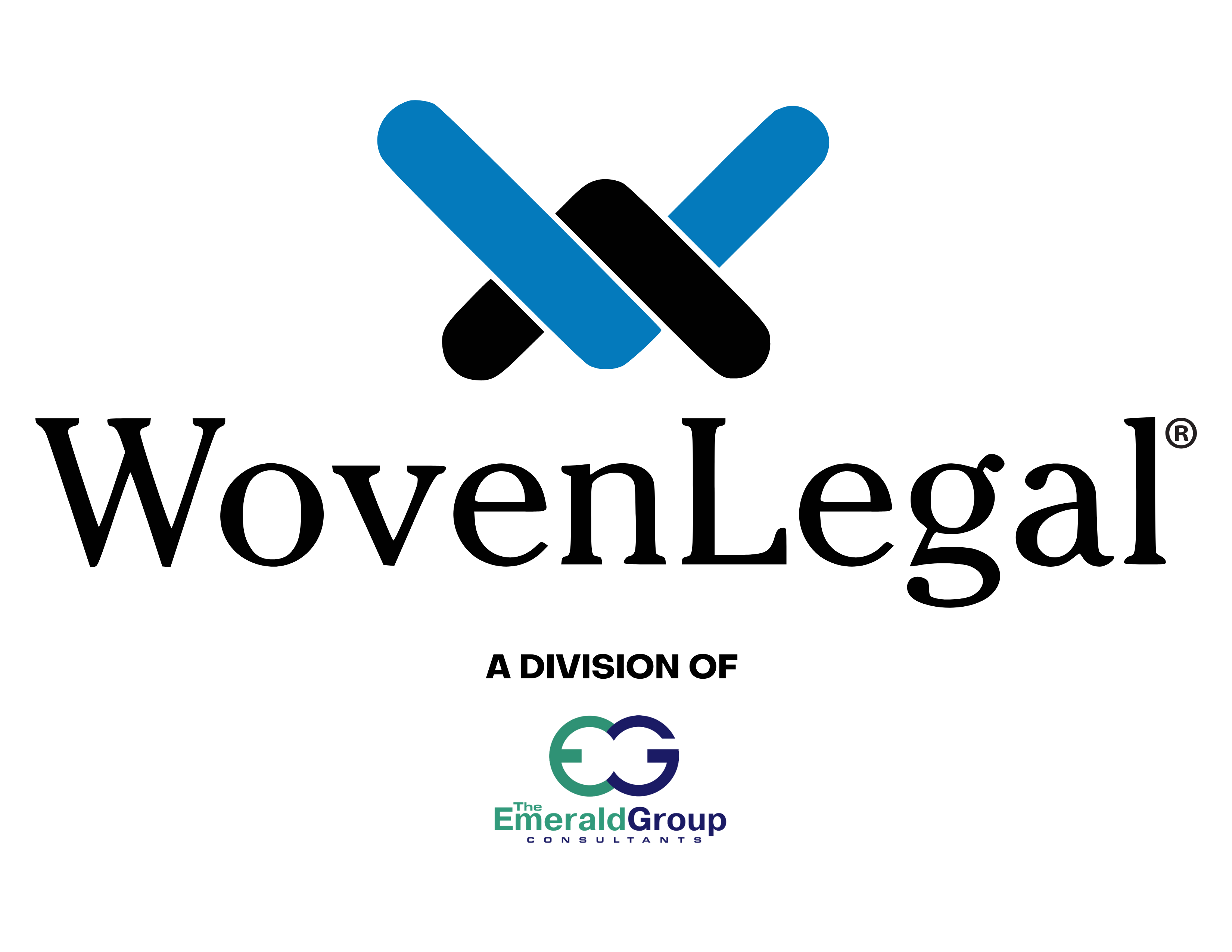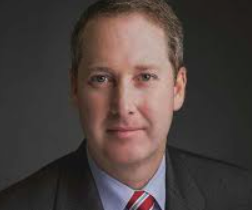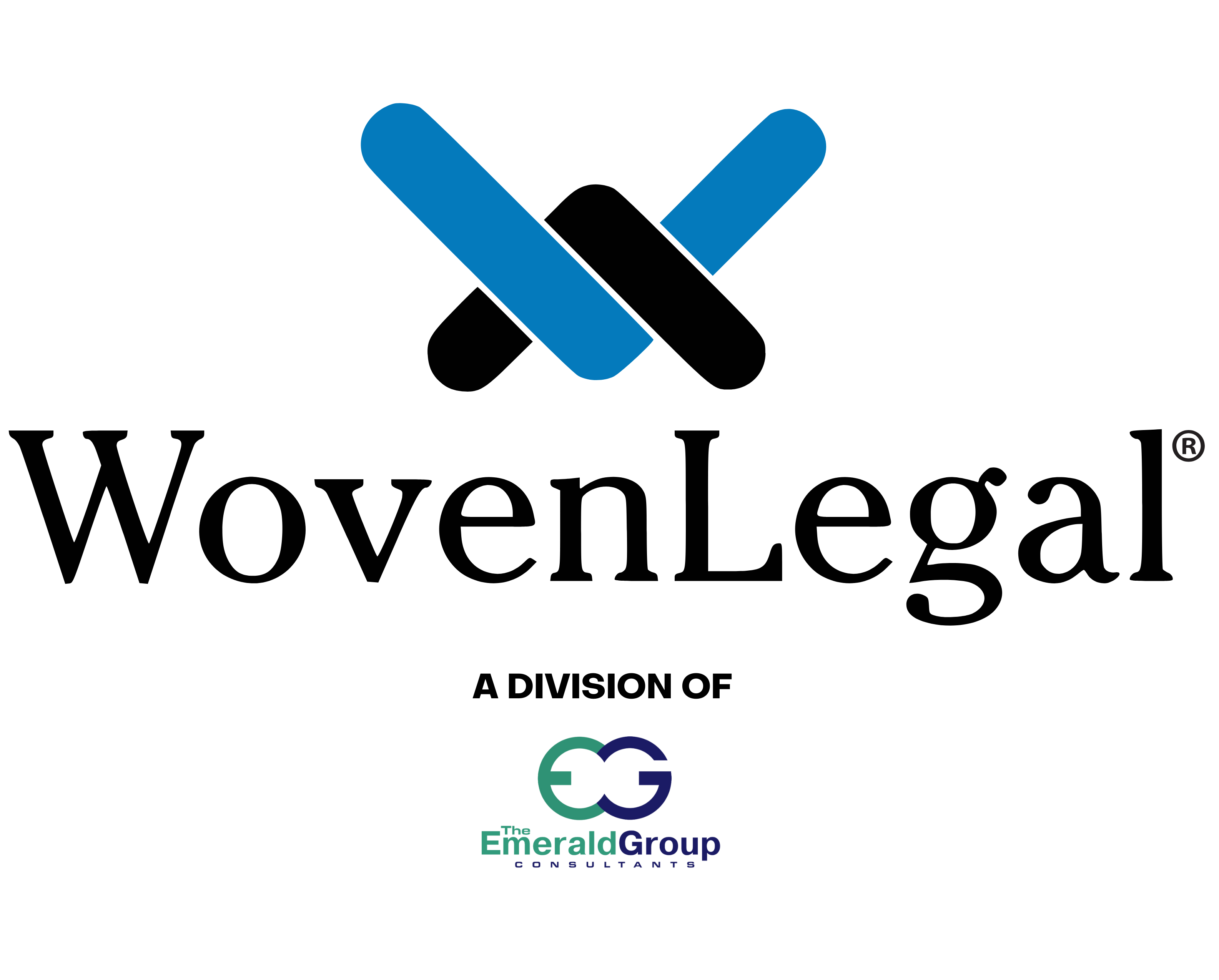Woven Legal’s Meg Garavaglia recently interviewed Aaron Strimban of Tidwell Strimban Injury Lawyers to talk about his best strategies for approaching partnership, case workflow, and the importance of delegation.
MG: How did you choose Robert Tidwell as your partner at this phase in your career? I know you’ve been together for some time.
AS: We’ve been together for about six years, but we’ve known each other for 20. We both started together at the same law firm in Marietta. We got to be friends and stayed friends after we left that firm. Partnering with someone I knew, trusted, and worked with made sense.
MG: I’ve talked to some attorneys who thought they had worked with people and were friends, but then there was a power struggle. How do the two of you handle conflict in your business relationship? And how does it get resolved?
AS: We talk about it; we’re open about things. And we try not to let things fester or become an issue. It all starts from a place of respect and trust.
I think there are a couple of ways to go about a partnership. You can lay everything out in a document before you get started. And you have a document that will control the relationship, and that’s fine – that works for (some) people. That’s not necessarily how we’ve decided to do it.
I know it might lead to getting burned at some point in your career and potentially losing some money, but I’m just not going to worry about that. I’d rather focus on the big picture…the impact our work has, and on helping my clients.
MG: I really appreciate that, and it reminds me of what my mentor(s) call “wearing life like a loose garment.” What you said rings true. How do you decide the best way to work and delegate to your team?
AS: It’s so important to have people who (understand) what their responsibilities are. When I started, perhaps because I couldn’t afford (staff) early on, I didn’t have help. I was doing everything! I became convinced that’s not the way to go and not the best use of my time. It’s important to have (designated) people responsible for specific (roles and duties). Creating processes, too, like client intake, for example, makes things (more) systematic. I still take the time to talk to people who have reached out to our office (when the situation calls for it). Often, though (and this is part of our process), it makes more sense for a new client and me to schedule a time to speak together.
MG: It sounds like processes are vital for your firm. Can you elaborate?
AS: Yes. Also, along the same lines, I feel like prompt responses are essential, too. I feel like you can always respond to people. Being responsive is not that hard to do. I mean, sometimes you might be in the middle of something and think you can’t email somebody back right then. But I don’t necessarily believe in that, and delaying could cause you to forget. I’m a big believer in just ripping the bandaid off, even if you have bad news or news that’s not bad news, but news that people aren’t necessarily going to be excited to hear.
But it’s best to pull it off. It’s not going to go away. It’s going to fester. So, go ahead and tell them. For the most part, I think people appreciate that. And it’s not too difficult to do. I’ve never become so busy that I can’t simply respond or call somebody back for five minutes and give them an answer. (Being responsive) is so important.
MG: Can we switch gears and discuss case workflow? Do you have any experience or tips to share regarding decreasing the length of time a client’s case is in your care – from client intake to settlement/trial and, hopefully, disbursement of funds?
AS: Cases generally follow a pattern or roadmap. You must understand the start of it and how to get to the end of it. We make sure we have someone in our office who checks in (with our clients), especially for those cases where someone is getting medical treatment. We also look at typical timelines for turnaround with things like insurance companies so we can keep things on track. I don’t ever want to be the one responsible for a delay.
MG: Have you ever utilized Traffic Coordinators or Docket Clerks to help follow a timeline and route cases through to close? How do you keep things moving forward?
AS: We have a firm meeting every month to review our cases. Those can be long meetings but are necessary for helping us avoid missing important deadlines. We also like to conduct ourselves in such a way that we give others grace. I’ll often give (opposing counsel) an extension if they need it.
MG: Can you share what you believe has been the best investment for your firm?
AS: Going paperless. Everything that comes in gets scanned; it’s all fantastically digital. We have a good system in place to store it all. We also use Clio for case management. I’m always amazed when we get cases from other lawyers who aren’t paperless; it seems disorganized.
MG: When you feel overwhelmed or have lost your focus temporarily, what do you do?
AS: I try to put myself in a position where I don’t get there, but it can happen, you know, it certainly can happen. And I have to go back to prioritizing and communicating, making sure people understand (if something needs to change, like a meeting rescheduled). For example, if you need more time for something, being willing to ask for more time for various things is important. There are busy seasons in your firm, and in those (situations), tell yourself, “Okay, I feel anxious now. This is what I’m experiencing right now. But, tomorrow will be new, and we’ll figure it out.” So, not letting yourself spin out of control, taking that big picture view again, is helpful and how I try to handle it.
AS: Delegating is also key (to managing pressure and maintaining focus). Once you get people in place that you (trust) and feel comfortable with, I’m a big believer in delegating everything that you can possibly delegate. And while there are things I’m always going to retain and do myself – like working with clients before depositions and trials – I’m (otherwise) going to delegate as much as possible. And I think it’s not only healthy for (the attorney) because it takes stuff off their plate – but I also think the people who get the work appreciate the responsibility and enjoy contributing to the case all along the way.




Comments are closed